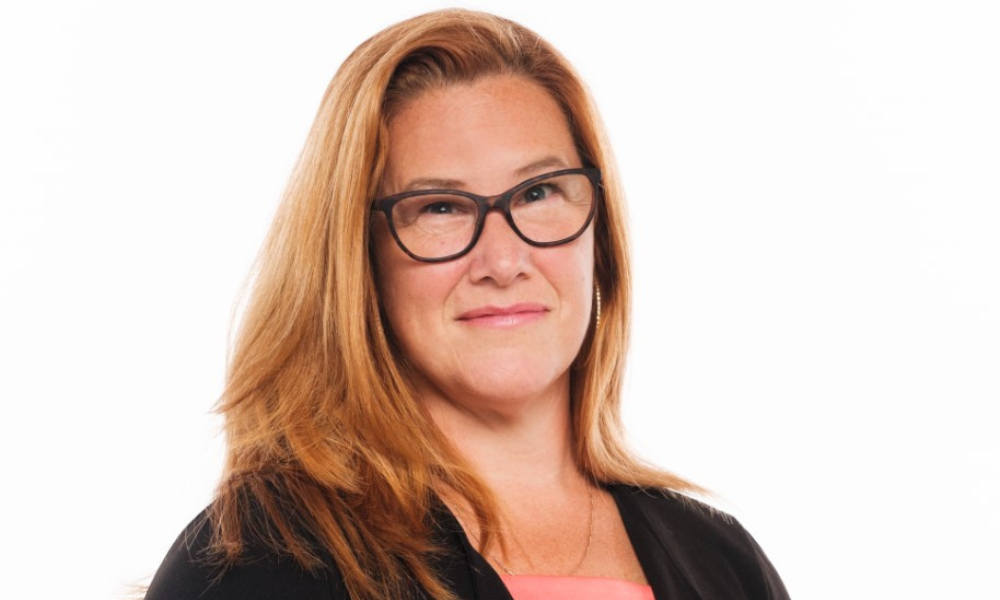Openness, removing stigma from conversations, and making money talks a habit are crucial, says financial expert

With couples across Canada celebrating Valentine’s Day, it’s the perfect opportunity to look back on the journey they’ve had, remembering the highs and lows, and renewing their commitments. And for many, that means setting new financial goals for their shared future.
“When a couple sets goals together, there is a bit of natural negotiation that happens where each person has a chance to balance what is important to them, as an individual,” says Kathleen Hurtubise, executive vice president at Connect First Credit Union.
In the course of that negotiation, Hurtubise says, both partners can think through the impact of setting a particular goal or priority, as well as its implications for other spending, saving, or lifestyle decisions. They can also weigh trade-offs and adjust the timelines or goal, based on what each person is willing to commit to in order to achieve it.
Based on experience, she says couples typically make the mistake of not regularly and openly talking about earning, spending, and savings choices with each other. Whether or not they pool their finances or keep them separate, she says couples need to engage in money talk, and ensure decisions are made on a level playing field.
“Imbalance of finances, financial burden, or financial information is the most common mistake and flashpoint for couples when it comes to money,” Hurtubise says.
When one or both partners aren’t open with their finances, she says, it triggers a fundamental human response: when the brain doesn’t have all the information it needs, it makes assumptions that are rooted in a threat mindset.
“It sounds funny, but it’s our danger assessment instinct that helps us in times of stress,” she says. “Talking openly, honestly and bravely about money – and our emotions related to it – allows us to make financial choices from a place of empathy and safety, instead of reactivity or defensiveness.”
For couples to achieve their financial goals harmoniously, Hurtubise recommends making conversations about changing income, expenses or spending a regular, comfortable and common part of their life together. She also encourages Canadians in committed relationships to be intentional in taking stigma out of the discussion.
“How you each make choices along the way, will impact you as individuals and as a couple,” she says. “You WILL make choices along the way that in hindsight, might not have been the best one.”
How much money couples have is a factor, but she says the sense of financial well-being is more often than not derived from how safe and supported someone feels in their financial choices. And though some couples may have already had the money discussion once, they should never assume it’s in the rearview.
Over the years, Hurtubise has developed an expertise in helping couples manage their finances together and stay in financial sync. In meetings with couples, she asks questions that get people thinking about aspects of money that they might not have explored together before. Asking the least talkative member of the couple first, she adds, can spark great conversations and insights for her as an advisor, as well as her clients.
“Money is personal, and it can be surprising what comes out when we can get talking about the things that money enables,” Hurtubise says. “Opening up about the things that are important to each member of the couple, independently from one another, leads to better informed decisions when they need to face things as a unit.”



